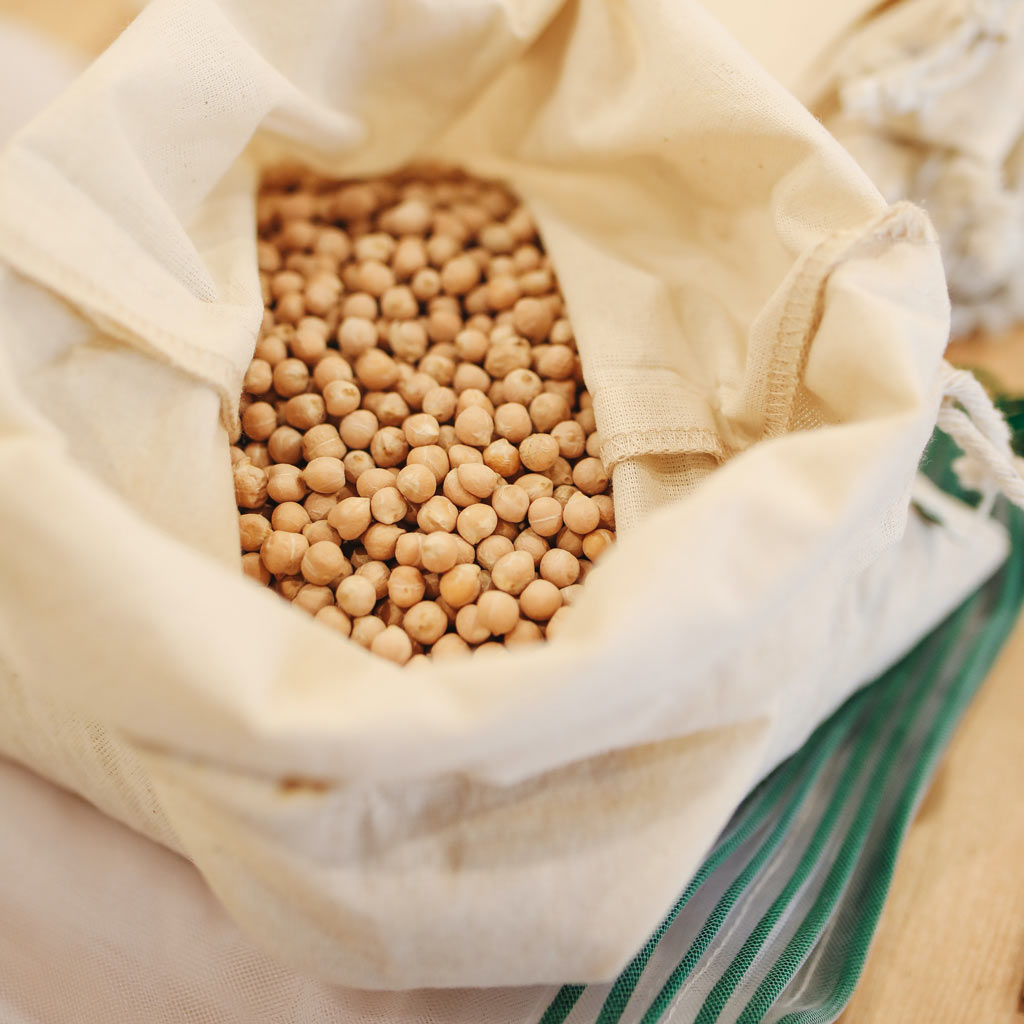How environmental toxins can affect the human brain and increase the risk of Alzheimer’s disease
The link between exposure to environmental pollutants and Alzheimer's disease, although not fully proven, has been documented in numerous scientific studies for years. People who are exposed to pollutants and have higher blood levels of toxic and harmful substances have a higher risk of developing dementia.











